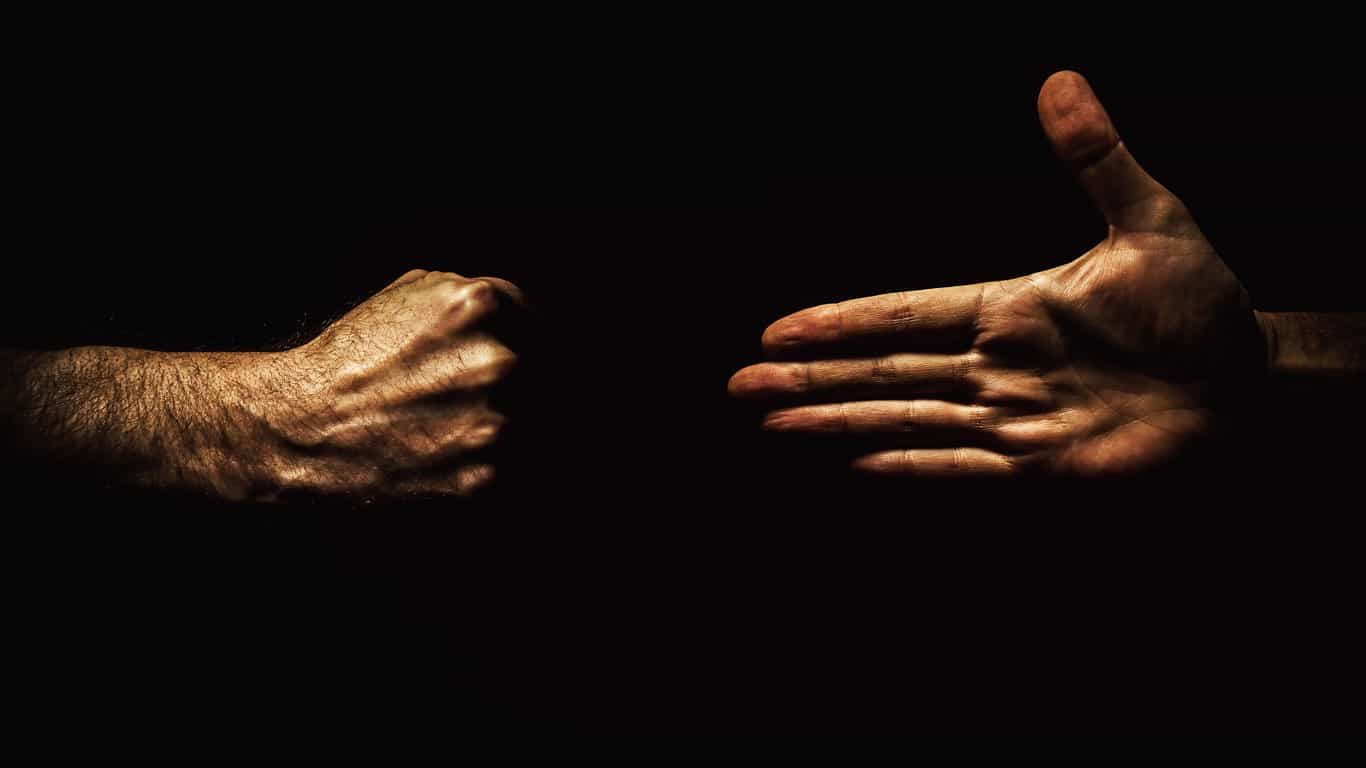Colorado Theft Laws: Penalties and Defense Strategies
July 1, 2025

Posted by: Jacob E. Martinez
Category: Hate Crimes
We are merely days away from Donald Trump becoming the President of the United States. While many claim to be waiting to determine his impact on the country, others believe they can already see it.
One big change that has occurred since his election is a rise in hate crimes both around the nation and right here in Colorado. In the first five days after Trump was elected, the country saw 200 reports of hate crimes or bias-motivated harassment. From November 13 to 18, the number spiked up to 701.
Denver in particular is not immune to these hate crimes. Since the Presidential election, there have been numerous reports of graffiti containing hateful symbols, racial slurs, and threats against minorities. Many of these incidents have been reported at bars or concert venues, but Isabella Bird Elementary School (a school with a large immigrant population), an Indian restaurant, and a transgender woman’s car have also been marked with hate crimes in our city.
Trump’s influence on hate crimes did not start with his election. While 2015 saw a decrease in overall hate crimes, there was a sharp increase in hate crimes against Muslims. It was during this time that Trump began to speak poorly of Muslims and proposed a ban on letting Muslims into the country, as well as creating a registry of all Muslims across America.
What exactly are hate crimes? According to One Colorado, they are any “criminal offense against a person or property motivated in whole or in part by an offender’s bias against a race, religion, disability, sexual orientation, ethnicity, gender, or gender identity” is considered a hate crime.

Some of the most common hate crimes around the country are property crimes, particularly the act of vandalizing property with symbols of hate (like swastikas), racial slurs, or threats. Now that Donald Trump has been elected, “TRUMP,” “HAIL TRUMP,” or “TRUMP 2016” is also commonly found alongside hateful messages and racial slurs.
Colorado has a specific charge for commissioning a hate crime. Depending on the circumstances surrounding the act in question, it will be charged as either a class 1 misdemeanor or a class 4 or 5 felony. The bias or hateful intentions associated with a hate crime can also be used in court to increase the penalties against you as an aggravating factor.
In federal court, hate crimes and bias-motivated violence can land you in prison for 10 years – or even for the rest of your life. Whether a crime is motivated by hate or not can mean the difference between life imprisonment and receiving the death penalty.
Plenty of crimes are committed against racial or religious minorities, women, or members of the LGBT community that are not considered “hate crimes.” So what is the difference between a typical crime and a hate crime?
When a prosecutor wants to accuse someone of a hate crime, they look to the motive behind their crime. For example, if a man assaults a gay man over a bar tab, the motive may have nothing to do with the victim’s sexual orientation. However, if the attacker used gay slurs, and prosecutors can find additional evidence of the man using hate speech against gay people through social media posts, then they may be able to prove that the crime was a hate crime.
That’s right. Social media postings can be used as evidence of a hate crime.

Despite all of the sources that could be used against you, there are ways to defend against criminal charges that appear to be motivated by hate. Contact a knowledgeable Denver criminal defense attorney for more information on how you can get your sentence mitigated or charges dropped altogether after being accused of a hate crime.
About the Author:
Denver-based criminal defense and DUI attorney Jacob E. Martinez is a knowledgeable and experienced litigator with a record of success providing innovative solutions to clients facing criminal charges of any severity. Mr. Martinez has been designated a Top 100 Trial Lawyer by the National Trial Lawyers and has been awarded both the Avvo Client’s Choice Award and Avvo Top Attorney designation, evidencing his reputation for his exemplary criminal and DUI defense work and high moral standards.
Jury Trial - Not Guilty
Jury Trial - Not Guilty
Arapahoe 1st Degree Assault/Vehicular Assault
Jury Trial - Not Guilty
Denver Domestic Violence Assault Case
Jury Trial - Not Guilty
Denver D.V. Assault
Jury Trial - Not Guilty
Denver Careless Driving Resulting in Death
Jury Trial - Not Guilty
Jefferson County Felony Menacing
Jury Trial - Not Guilty
Adams County DUI
Jury Trial - Not Guilty
Jefferson County DUI
Jury Trial - Not Guilty
Jefferson County DUI
Jury Trial - Not Guilty
Jefferson Vehicular Assault/DUI
Jury Trial - Not Guilty
Jefferson County DUI
Jury Trial - Not Guilty
Boulder County DUI case
Jury Trial - Not Guilty
Arapahoe County DUI case
Jury Trial - Not Guilty
Adams County DUI case
Jury Trial - Not Guilty
Douglas County DUI case
Jury Trial - Not Guilty
Gilpin County DUI case
Dismissed
Broomfield County Probation Revocation case
Dismissal
Arapahoe County DUI case
Deferred Judgment
Arapahoe County DUI case
Deferred Judgment
Douglas County DUI case
Deferred Judgment
Larimer County DUI case
Deferred Judgment
Arapahoe County DUI Case
Deferred Judgment
Denver Felony Burglary Case
Deferred Judgment
Arapahoe County DUI case
Dismissed
Arapahoe County Protection Order Case
Dismissed
Golden Destruction of Property case
Dismissed
Jefferson County Protection Order case
Dismissed
Jefferson County Domestic Violence case
Dismissed and Sealed
Jefferson County DUI case
Dismissed
Denver Major Traffic Offense case
Dismissed and Sealed
Broomfield County Domestic Violence case
Dismissed
Summit County DUI Revocation
Dismissed
Denver DUI Revocation
Dismissed
Denver DUI Revocation
Dismissed
Denver DUI +.2 Involving Accident and Injury case
Dismissed
Denver DUI/Habitual Traffic Offender case
DISMISSAL
Denver District Aggravated Theft
Dismissed
Greenwood Village Assault case
Dismissal
Elbert County DUI
Dismissed
Arapahoe County Domestic Violence case
Dismissal
Jefferson County DUI
Dismissal
Denver Municipal Assault
Dismissed
Boulder County Domestic Violence Assault case
Dismissed
Wheat Ridge Assault case
Dismissed
Jefferson County DUI case, with 2+ Prior Convictions
Dismissed
Arapahoe County Domestic Violence case
Dismissed
Broomfield County Domestic Violence case
Dismissed with No Charges Filed
Jefferson County Felony Theft case
Dismissed
Arapahoe County Felony Theft case
Dismissed
Boulder County Felony Theft case
